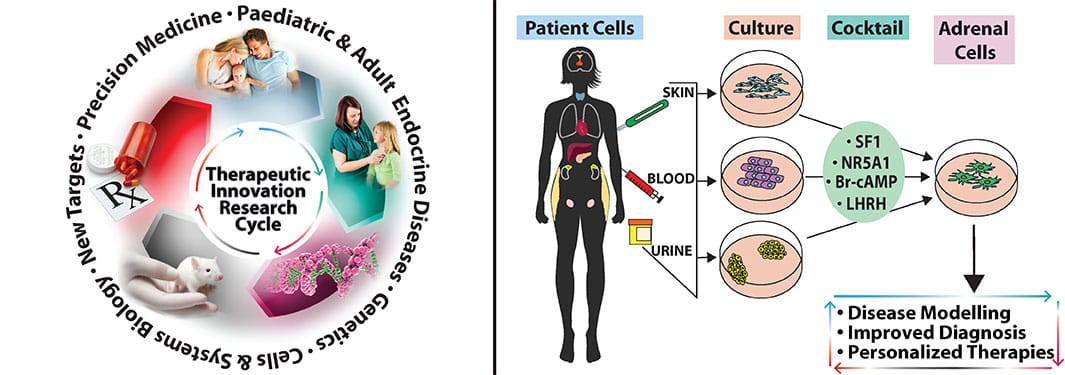Diabetes and Endocrinology
Endocrinology is a perplexing investigation of the different hormones and their activities and disarranges in the body. Endocrine Glands are organs that make hormones. These are substances that control exercises in the body and effectively affect the digestion system, multiplication, nourishment retention and use, development and improvement and so on. Hormones likewise control the way a living being reacts to their environment and help by giving sufficient vitality to different capacities. Diabetes is brought about by diminished creation of insulin or by diminished capacity to utilize insulin. Insulin, the hormone delivered by the beta cells in the pancreas, permits (glucose) cells to have the capacity to utilize glucose. This hormone is fundamental for glucose to go from the blood to within the body cells. With deficient insulin, glucose develops in the circulatory system as opposed to going into the cells. The body can't utilize glucose for vitality in spite of the elevated amounts of glucose in the circulatory system. This causes the unreasonable thirst, pee, and appetite, which are the most widely recognized side effects of diabetes. The abundance sugar stays in the blood and is then evacuated by the kidneys. This sickness happens in a few structures, yet the most well-known are Type I Diabetes or Juvenile Onset Diabetes or Insulin-Dependent Diabetes Mellitus (IDDM), Type II or Non-Insulin Dependent Diabetes Mellitus (NIDDM), and Gestational.

Recommended: - Diabetes conferences | Obesity conferences | Endocrinology conferences | Diabetes 2023 | World congress on diabetes | Diabetes meetings | Endocrinology meetings | World diabetes congress |